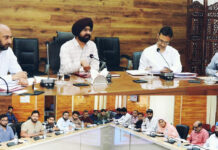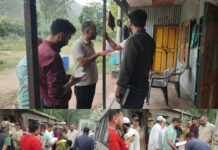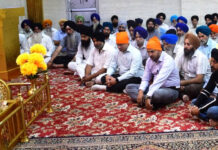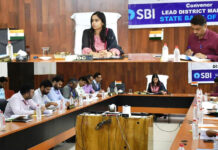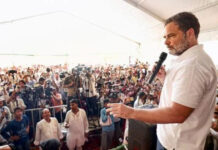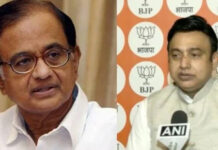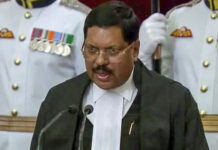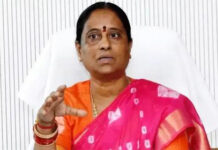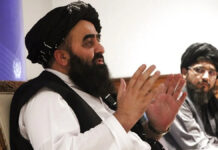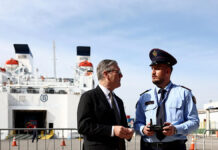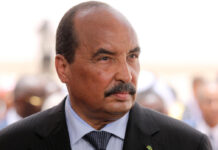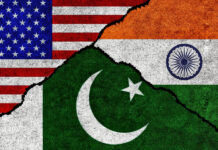The Indian Govt will tomorrow brief senior leaders on the unfolding Afghan situation
This coming Thursday, External Affairs Minister S Jaishankar will brief the parliamentary leaders of all political parties on the unfolding situation in Afghanistan. The decision is welcome and necessary to keep the parliamentarians abreast of things. The briefing will be two-fold. One, the Indian evacuation efforts. Two, the internal politics of Afghanistan. There are no doubts about the first part; the evacuation is going on smoothly despite roadblocks in Afghanistan. It is about the fast-paced developments in the country that the political parties need to be briefed extensively because, one day in the near future, India will be called upon to take a momentous decision of recognising the Taliban government. The parliamentarians have to know the factors involved in such a decision, India’s position on issues concerning terrorism in the south and central Asian region vis-à-vis its national security, the influence of neighbouring countries on the fledgling government and how progressive or regressive the new government’s internal and external policies are going to be. The leaders would like to know what Taliban would India eventually have to deal with: The sophisticated international leadership of the organisation or the far-from-savvy frontiersmen who rule the roost in the country’s hinterland and border areas. Having spent time in friendly West Asian countries, the leaders have realised the need for public relations, unlike their brethren among the rank and file. It is the latter that the ordinary Afghans or the embassy officials and travellers will encounter on a daily basis.
Their first attempt at projecting themselves as urbane has not given them the desired results. The world saw through their statement that women would be allowed to work but within the framework of Islamic law. Still, they continue to balance their belief in strict, even regressive, religious laws and their desire for global legitimacy. The problem with this group is that despite the acquired sophistication of the visible leadership, the ground-level fighters are the ones who will decide how the country will be run. Would the Taliban’s international leadership be willing to offer more concessions to the international community — like distancing from terror groups based in Afghanistan, amnesty to Afghans who supported the US, protection to working women, freedom of movement for foreign embassy officials — than the grassroots Taliban fighters are willing to tolerate? Would the Taliban, for example, be willing to hold regular elections in the country as evidence of its belief in democracy? Will they allow ordinary Afghans to continue to shed conservatism and practice social freedoms they have come to enjoy in the last two decades? The Taliban is yet to give proof of the kind of governance it prefers — one that is, like in the past, known for its notorious cruelty or an authoritarian religious regime with a moderate face. The Taliban are yet to present themselves as a cohesive group that can be given a second chance to retain power they have acquired so easily and by force.


